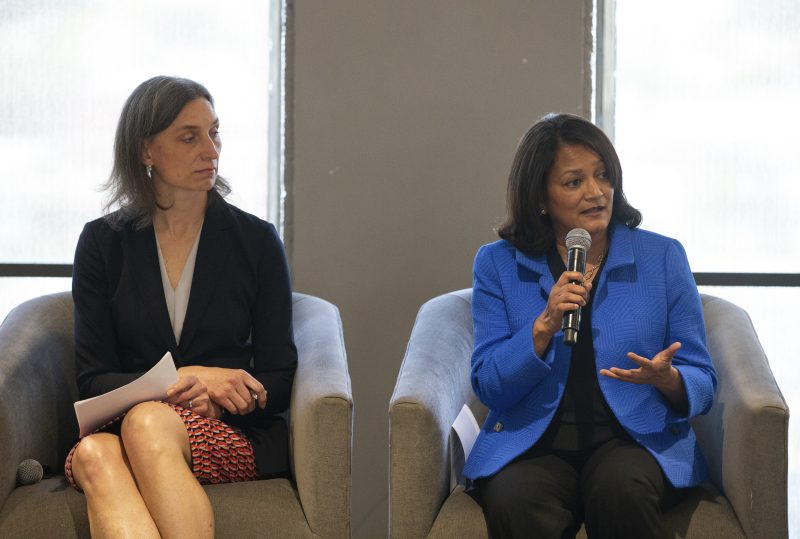Progressive Democrats: Activism vs Election Wins
The relationship between activism and electoral success is a complex and often contentious issue within the Democratic Party. While progressive activists play a crucial role in pushing the party in a more liberal direction and advocating for social change, the question remains whether this activism effectively translates into electoral victories.
One major challenge faced by progressive Democrats is the ability to harness the energy and enthusiasm of activists and channel it into winning elections. While activism can help mobilize voters and generate media attention, it does not always translate into votes at the ballot box. In some cases, progressive candidates who are seen as too extreme or out of touch with mainstream voters may struggle to win over key demographics necessary for electoral success.
Another obstacle for progressive Democrats is the influence of money and special interests in politics. Activist-backed candidates often rely on small donations and grassroots support, which can put them at a disadvantage compared to more established candidates with access to big donors and party resources. Without adequate funding and support, progressive candidates may struggle to compete in expensive and competitive races, limiting their chances of success.
Additionally, the Democratic Party itself is a diverse coalition with varying ideologies and priorities. While progressive activists may be vocal and influential within the party, they must also contend with more moderate and conservative factions that may resist their agenda. Building consensus and unity within the party is crucial for achieving electoral success, as internal divisions can weaken the party’s overall appeal to voters.
Despite these challenges, there have been instances where progressive activism has translated into meaningful electoral victories. In recent years, progressive candidates like Alexandria Ocasio-Cortez and Rashida Tlaib have successfully won congressional seats by mobilizing grassroots support and tapping into progressive energy within their districts. These victories demonstrate the potential for progressive activism to drive electoral outcomes when effectively organized and targeted.
Moving forward, progressive Democrats must find a balance between activism and electoral pragmatism to maximize their chances of success. By investing in strategic campaign tactics, coalition-building, and message discipline, progressive candidates can position themselves as viable options for voters across the political spectrum. While activism remains a powerful force for change, it must be complemented by effective electoral strategies to achieve lasting impact within the Democratic Party and beyond.
